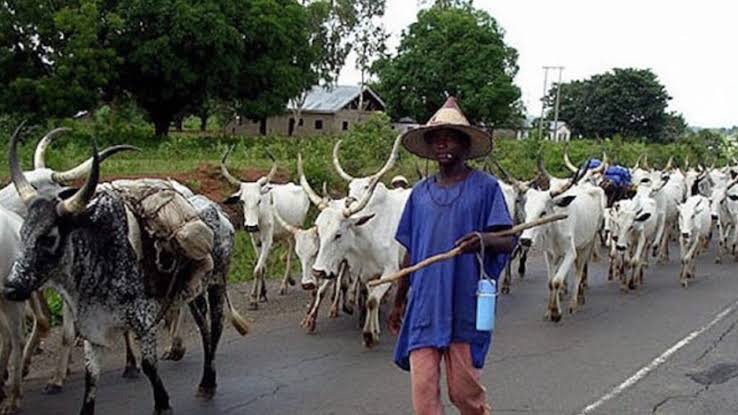Advertisements
Nigeria — The Federal Government has officially prohibited open grazing across the country as part of its strategy to resolve recurring clashes between farmers and herders.
Ejes Gist News reports that the announcement was made on Tuesday by the Minister of Livestock Development, Alhaji Mukhtar Maiha, during the inauguration of the maiden National Council on Livestock Development in Yola, Adamawa State.
Also Read:
Advertisements
- BREAKING: 24 Kidnapped Schoolgirls in Kebbi Successfully Rescued
- Federal Fire Service Recruitment: Mid-Management Vacancies Announced for Qualified Candidates
Maiha highlighted that ongoing conflicts between farmers and herders have caused significant human and economic losses, devastating numerous communities. He emphasized that violence associated with open grazing has displaced families and destroyed farmland and livestock.
“Nigerians have endured untold hardships, including the killing of innocent farmers and herders, due to open grazing. It is critical to stop this practice,” Maiha said.
Advertisements
The minister explained that open grazing is now classified as a capital offense. He urged herders to transition fully to ranching, describing structured ranch systems as safer and more productive.
“Ranching will prevent conflicts and improve the quality and weight of cattle, boosting profitability,” he added.
Maiha also outlined the economic potential of Nigeria’s livestock sector, noting that the ministry aims to make livestock development the nation’s second-largest revenue source after oil. According to the minister, the government anticipates approximately $74 billion in revenue within five years, with over $14 billion already generated through ongoing livestock initiatives.
Adamawa State Deputy Governor, Professor Kaleptawa Farauta, declared the council open and emphasized Adamawa’s status as one of Nigeria’s leading livestock zones, making it an appropriate location for the event.
The newly established National Council on Livestock Development brings together directors of livestock from all 36 states and the Federal Capital Territory (FCT). The council’s mandate includes driving reforms, monitoring policy implementation, and modernizing Nigeria’s livestock industry.
This move marks a major policy shift by the federal government, aiming to reduce farmers-herders conflicts and enhance the efficiency and profitability of Nigeria’s livestock sector.

